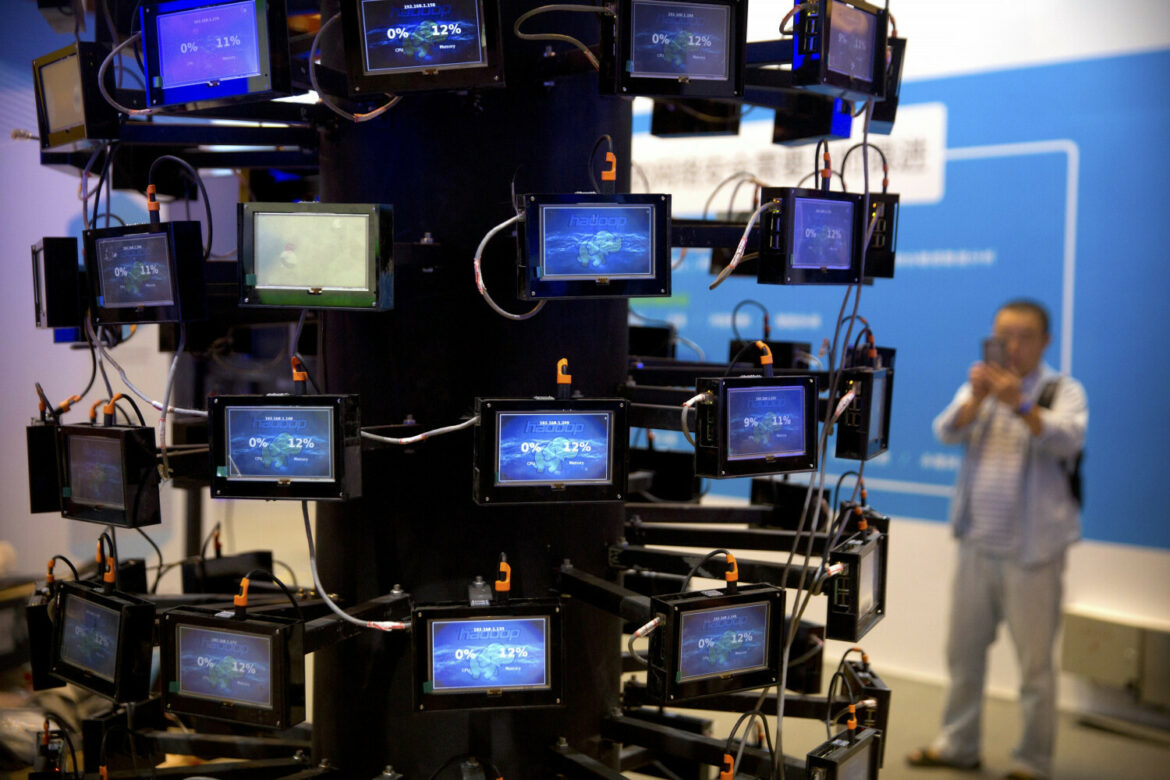The SWPS University joined the Central European Digital Media Observatory, a center that brings together fact-checkers, artificial intelligence researchers and media scientists who fight against disinformation.
Launched in February 2022, the Central European Digital Media Observatory (CEDMO) is a sub-project of the European Digital Media Observatory (EDMO), which has been operating since 2020. It is outlining the framework for combating manipulation and fake news in the European Union (and ultimately the European Economic Area). CEDMO includes Poland, the Czech Republic and Slovakia.
This international consortium of fact-checkers, artificial intelligence researchers, sociologists and media scientists has committed to supporting education in digital and traditional media and enabling national authorities, regulators, and the entire society to access top-quality verified information.
The leader of the project is Charles University in Prague. The consortium includes SWPS University, the French Press Agency, the Czech Technical University and two institutions from Slovakia: the research institute KINIT and the University of Saints Cyril and Methodius.
Partners are responsible for immediate responses to disinformation and daily fact-checking, developing digital methods and tools to improve and accelerate the fight against fake news, research on the impact of disinformation on society. The Athens Technology Center (ATC) is responsible for the development of the technical infrastructure.
Disinformation is already a global problem and almost all developed countries in the world struggle with it. It affects areas from health to politics, causing harm to entire communities. Disinformation is like a chameleon: it constantly takes new forms and changes the ways of reaching the recipient. It’s hard to keep up with its new incarnations. That is why the fight against fake news requires coordinated and methodical actions.
The project will allow experts to learn about the phenomenon of fake news – and thus prevent their dissemination in the region. Scientists will study the structure of disinformation texts, the paths of their sharing on the Internet and the rules governing the receipt of fake news in various social groups. The effectiveness of the already existing methods of verifying false information and the attitude to fake news in various professional groups, including the key ones: journalists and PR specialists, will also be examined.
Arkadiusz Słomczyński





